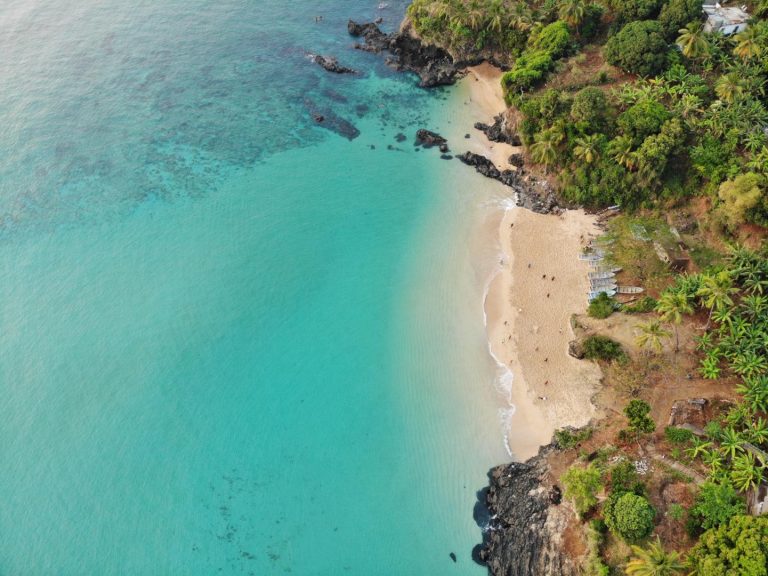Working with Madagascar’s national marine institute and local NGOs this pioneering programme aims to develop over 50 locally-managed marine reserves during the 5-year project.
The initiative was inspired by the success of Madagascar’s first experimental no-take-zone for octopus. This project was developed by the UK-based conservation NGO Blue Ventures working in partnership with the remote fishing village of Andavadoaka.
Over the last three years the pilot conservation project for octopus has evolved into an 800 square kilometre community-managed protected area. It now encompasses 24 villages around Andavadoaka.
Known as Velondriake, today this protected area is one of the most ambitious locally-managed coastal conservation initiatives in the Indian Ocean, incorporating coral reefs, mangroves and seagrass beds along 50km of coastline.
“The approach taken to establish marine reserves here has not been one of an NGO raising awareness of the natural resource problems and teaching local communities what must be done to solve these. Rather it has been facilitating and enabling villagers themselves to assess the state of their natural resources, to identify and analyse the problems and to understand the root causes of these” comments Dr. Garth Cripps, coordinator of Blue Ventures’ conservation programmes in Madagascar.
Last year Blue Ventures’ work with the village of Andavadoaka received the United Nations Development Programme’s prestigious Equator Prize for efforts to conserve local biodiversity and alleviate poverty.
As part of the new African Development Bank project Blue Ventures’ experience is being used as a demonstration tool for communities from outside Velondriake to understand the function and benefits of marine reserves. A series of village exchanges hosted by Velondriake communities will facilitate this.
By opening up Andavadoaka, and other Velondriake villages, as a hands-on conservation training centre, communities from other areas are learning in situ from Velondriake’s villagers about the experiences and lessons learned in setting up a marine reserve.
This new regional project aims to facilitate replication of the Velondriake model in coastal communities throughout southern Madagascar.
“Confronted with the concrete realities of conservation planning communities have developed solutions that are within their capabilities”, says Cripps. “Carrying out these is bringing a tangible improvement to their daily lives, establishing and reinforcing the link between the management of their natural resources and their own well-being.”























